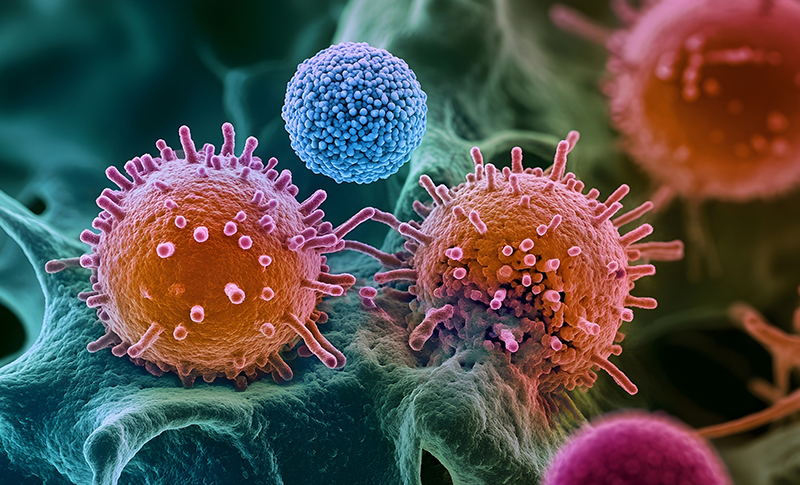If you have visited any breast cancer websites or chat rooms, you have most likely discovered that when it comes to treatments for breast cancer, one size doesn’t fit all.
As you learn about breast cancer and gather information from your treatment team about the prognostic factors, biomarkers, stage, grade, and other features of the cancer cells that present in your body, you will find that your clinical situation is truly unique to you. So, I want to caution you about comparing your treatment with that of others, because it will most likely result in confusion and frustration. For example, if you meet someone with the same diagnosis, say, an estrogen receptor–positive breast cancer, you may find that you each are taking a different hormonal therapy. It is important to remember that there are many factors that go into treatment decision-making specifically for you. It is also important to remember that there are more treatment options now than ever before.
A family friend of ours was diagnosed with breast cancer 55 years ago. At that time, there was only 1 surgical option (total radical mastectomy), 1 chemotherapy drug, and 1 hormonal therapy drug, and radiation could not be targeted to 1 specific area. I was diagnosed with breast cancer 29 years ago, and thankfully, there were more options. But now, there are many surgical options, chemotherapy regimens, biologic targeted therapies, immunotherapies, radiation therapies, and hormonal therapies. With more options, the more likely it is that you can receive treatment that is tailored to your unique situation.
Goals of care are also unique to you. Goals of care go beyond just surviving; they include your personal goals and should be incorporated into the treatment planning process. These might include milestones such as starting a family, attending your daughter’s high school graduation, your 25th wedding anniversary, or your son’s college graduation.
For example, if you are planning to start a family in a year or so, then it is important to make this known so that you are referred to a fertility preservation specialist.
For specific events, you want to be sure that you will feel well enough to attend. Discuss with your treatment team, especially your breast cancer navigator, the importance of these events so that treatment can be planned around them. For example, it would not be wise to start a new treatment that may cause diarrhea 2 days before your son’s graduation. Instead, request that you begin treatment after the celebration.
You have a myriad of treatment options that provide the possibility of tailoring your treatment to your specific breast cancer biology. And when your treatment team factors in your life goals and milestone experiences, you will receive truly patient-centered care.















